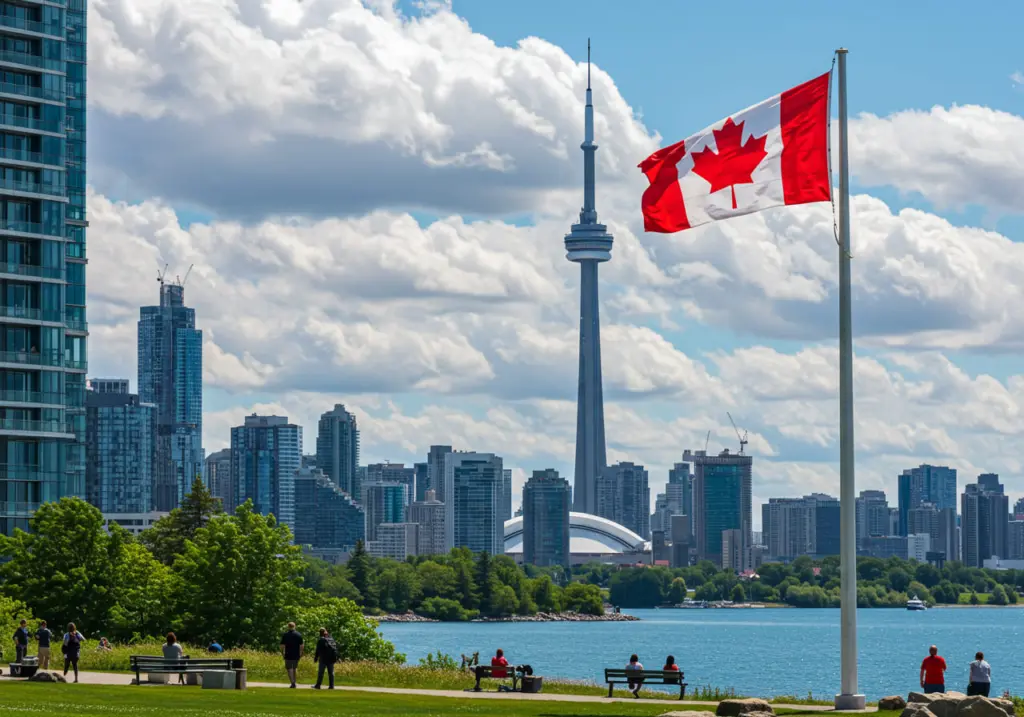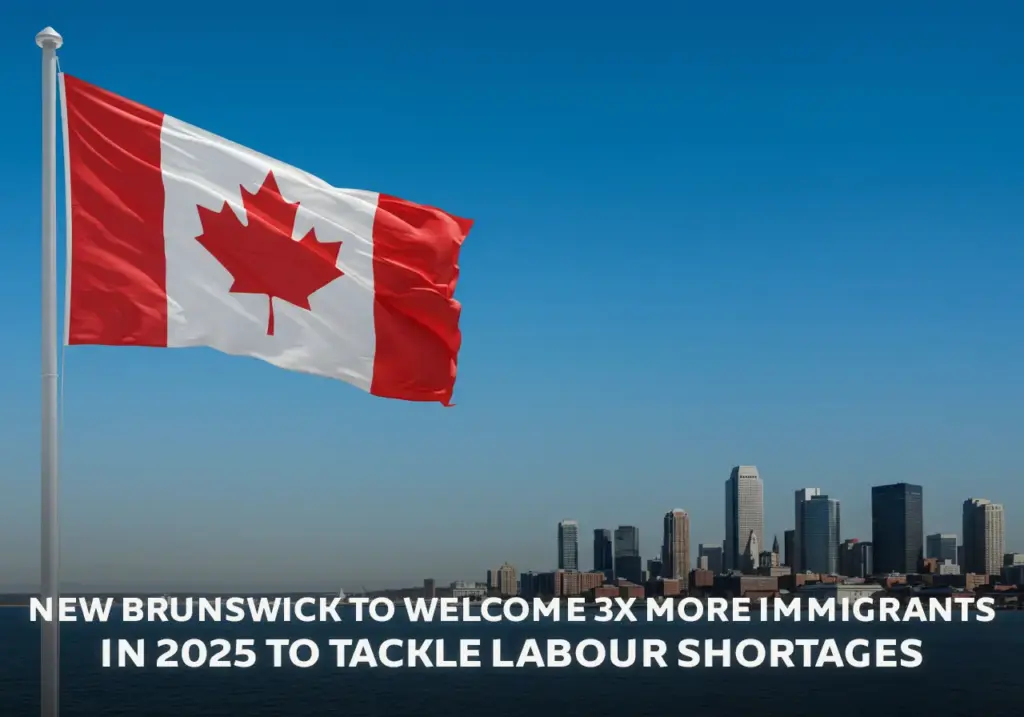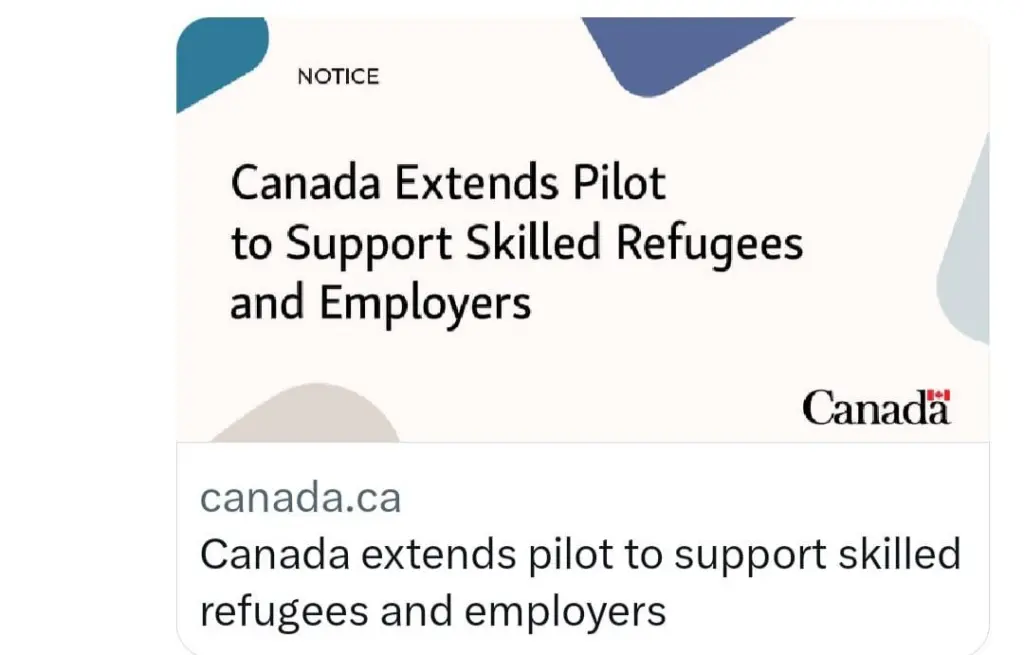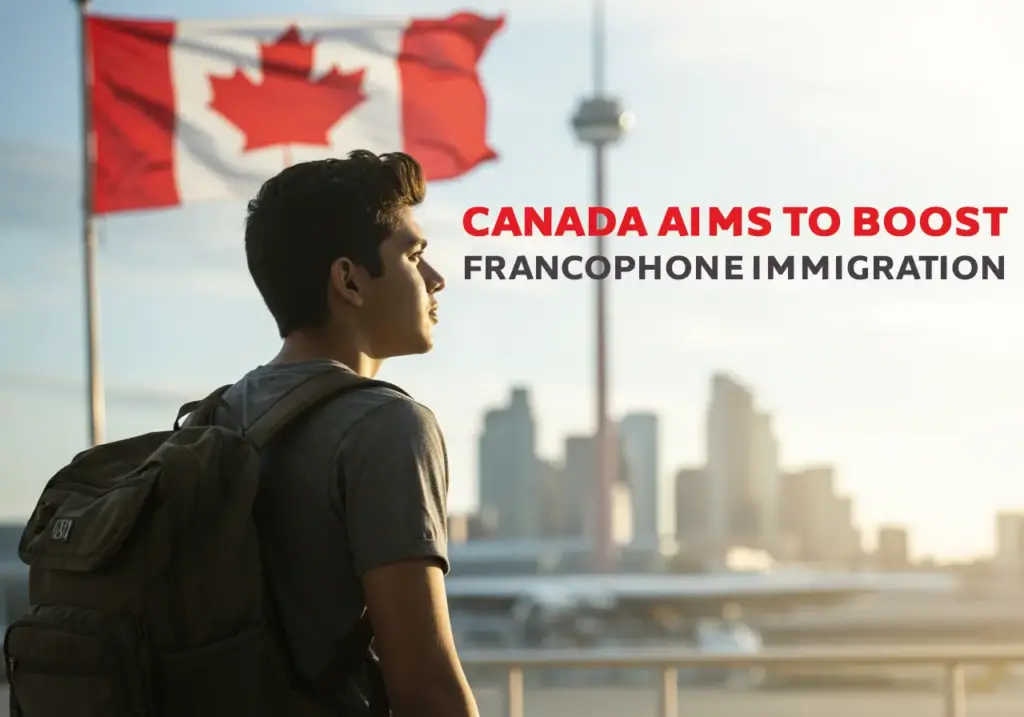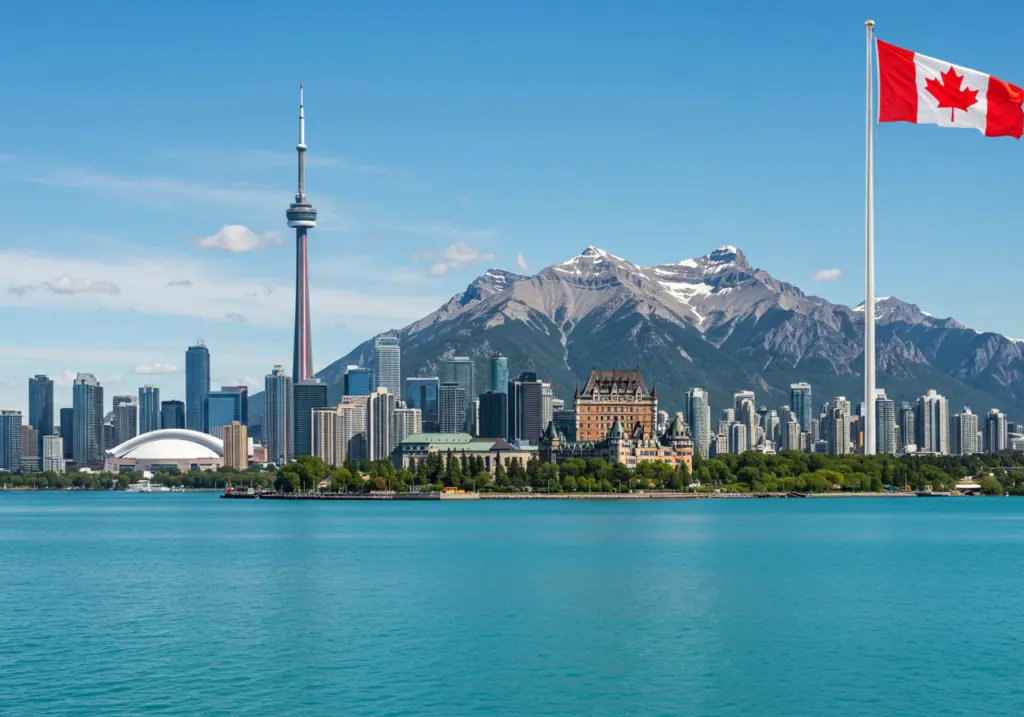IRCC considering extending PGWP for healthcare and trades occupations
Marc Miller, the minister of Immigration, Refugees, and Citizenship Canada (IRCC), has recently indicated that he has been made aware that provinces are interested in having longer post-graduation work permits (PGWPs) for health care and certain skilled trades sectors. However, he has said that the provinces must produce relevant information before such a measure can be put in place. This mix-up is likely to help out international students as well as skilled workers, showing just how much has changed when it comes to immigration policies.

IRCC Minister Marc Miller Meets with Provincial and Territorial Immigration Ministers at FMRI
On May 10, IRCC Minister Marc Miller met with provincial and territorial immigration ministers at the Forum of Ministers Responsible for Immigration. In his address, Minister Miller said all is well and there is a positive mood geared toward solutions. The session discussed how it’s possible to factor temporary workers into immigration planning to spread the benefits of immigration across Canada.
The FMRI, which includes immigration ministers from across Canada and all Canadian provinces and territories, also agreed on support for asylum claimants and on bettering Canada’s responses to humanitarian emergencies through a new federal policy framework in development.
Ministers have concurred on the necessity of having data on non-permanent residents that become permanent residents ultimately due to provincial nominee programs. However, the federal government is cooperating with provinces, although there is no full agreement on all issues, according to Minister Miller.
In the future, the federal government wants to reduce temporary residents to 5% of Canada’s total population within the next three years. Currently, temporary residents make up 6.2% of the population.
Find out if you are eligible to get in Canada →
Summary of the 2023 FMRI Meeting
On November 17, 2023, Immigration Minister Marc Miller met with provincial and territorial counterparts to review Canada’s immigration policy and the Immigration Levels Plan for 2024–2026.
Quebec’s immigration minister participates as an observer since Quebec takes care of its immigration program; however, the ultimate approval lies with the federal government of Canada for all immigration applications to Canada.
The recent improvements to the Provincial Nominee Program (PNP) aimed at receiving 110,000, then growing to 120,000 in 2025, and 2026 with a focus on economic immigration were well received by the ministers.
During the meeting, Ministers reiterated the need to increase the number of PNPs needed in immigration planning. Besides they talked about a range of ways to increase the attraction and retention of immigrants from all over the world to rural areas without large cities paying attention to the rise in immigration from the francophone countries; simplification of procedures to improve conditions for newcomers and satisfy economic demand for labour.
Federal, provincial, and territorial partners working together for the effective support of immigrants and communities across Canada.
There were also conversations concerning the way different regions perceive Canada’s immigration regulations, challenges like no other that they contain, and benefits associated with this phenomenon since it plays a major role in the increase in economic activities and number of people in a given place who are also looking for such opportunities resulting to a targeted 500,000 fresh migrants yearly by 2025 and 2026 to cater for accommodation and manpower requirements.
IRCC is thinking about the possibility of extending Post-Graduation Work Permits (PGWPs) as a solution for shortages in health care and trades. It seeks to integrate the immigration policy into the economic needs by providing international students and employees with job opportunities and chances of staying longer in their careers. This policy targets attracting highly qualified experts for addressing critical skills shortages within Canada as well as establishing a strong economy throughout the country. Discussions that promote economic growth through increased employment prospects focus on policy formulation regarding migration. Stay tuned for updates on the effect of this proposition on the skilled migration path and Canada’s preparation of the workforce.


